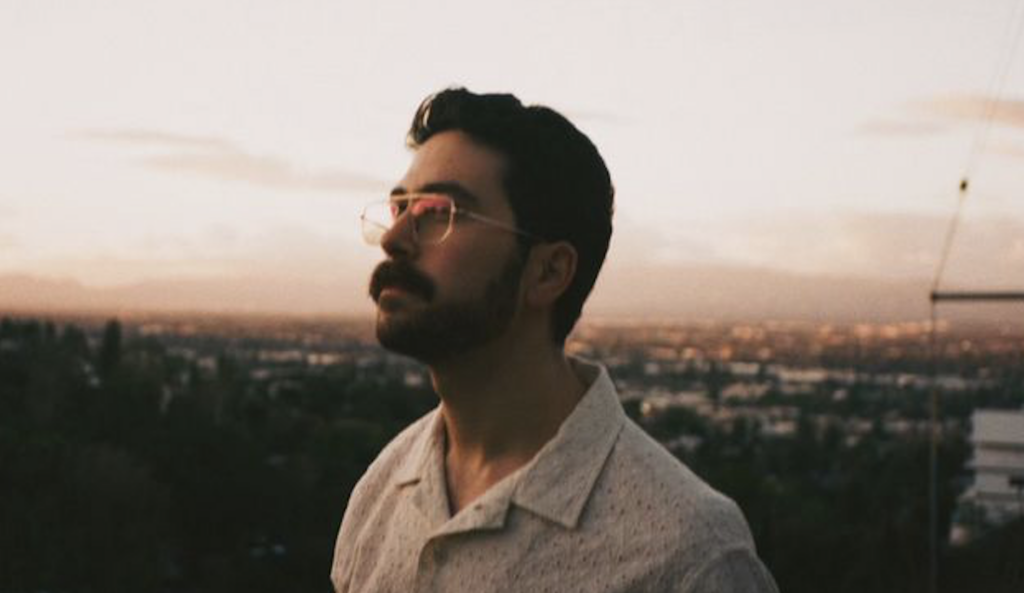The Virgin Suicides
Sofia Coppola brings a lot of talent-by-association to the directorial table. The daughter of landmark filmmaker Francis Ford Coppola (The Godfather), Sofia is married to director Spike Jonze (Being John Malkovich). If her debut film is any indication, talent does run in the family — even if it is a somewhat disjointed talent.
In The Virgin Suicides, writer-director Coppola tells the story of the Lisbon sisters, five beautiful blond teens growing up in suburban Michigan in the ’70s. Raised by staunchly Catholic parents (the overprotective Kathleen Turner and an inspiringly ineffectual James Woods), the girls must cope with the suicidal behavior of their youngest sister, Cecilia (Hanna Hall).
Yet the story (based on the novel by Jeffrey Eugenides) is not told from the Lisbons’ point of view; rather it is from that of a quartet of neighborhood boys who spy on the unattainable girls from across the street. But parts are also told in flashback by their cocky high school classmate Trip Fontaine (Josh Hartnett, Here on Earth), the only character shown in present day. Actually, it’s a mystery as to to whom the narrative focus can be attributed. Coppola’s writing is probably more at fault than her smooth direction, and at times she nearly slits her narrative wrists.
It is also unclear as to what makes the sisters tick. Often they seem to be Stepford-like, exhibiting a nearly robotic obliviousness to their surroundings. In fact, Kirsten Dunst (Dick) as the most “rebellious” sister, Lux — who at the outset seems to be the central character — never settles on a distinct personality long enough to grant motivation to any of her actions. Is she sensitive or stoic; outgoing or detached; virginal or promiscuous? Coppola doesn’t seem to know, but she wisely films Dunst so hypnotically (sometimes as if simulating a ’70s hippie Coke commercial) that it’s impossible not to be drawn into this story — whatever that may be.
The eerie finale is a mystery with only nominal clues, but it imbues the film with a need-to-discuss-this-with-friends aftereffect. Perhaps the best explanation of the crucial event is in an earlier conversation between young Cecilia and her physician following her initial suicide attempt. “You’re not even old enough to know how bad life gets,” the doctor tells her. She replies, “Obviously, Doctor, you’ve never been a 13-year-old girl.”
Though the leisurely pacing and setting of the film are reminiscent of The Ice Storm, the dreamy atmosphere of innocence and frustration evoked is more comparable to Picnic at Hanging Rock. While The Virgin Suicides is not as focused as either of those films, it’s an intriguing project that demonstrates that its creator is upholding her family’s good name. (R) Rating: 6




